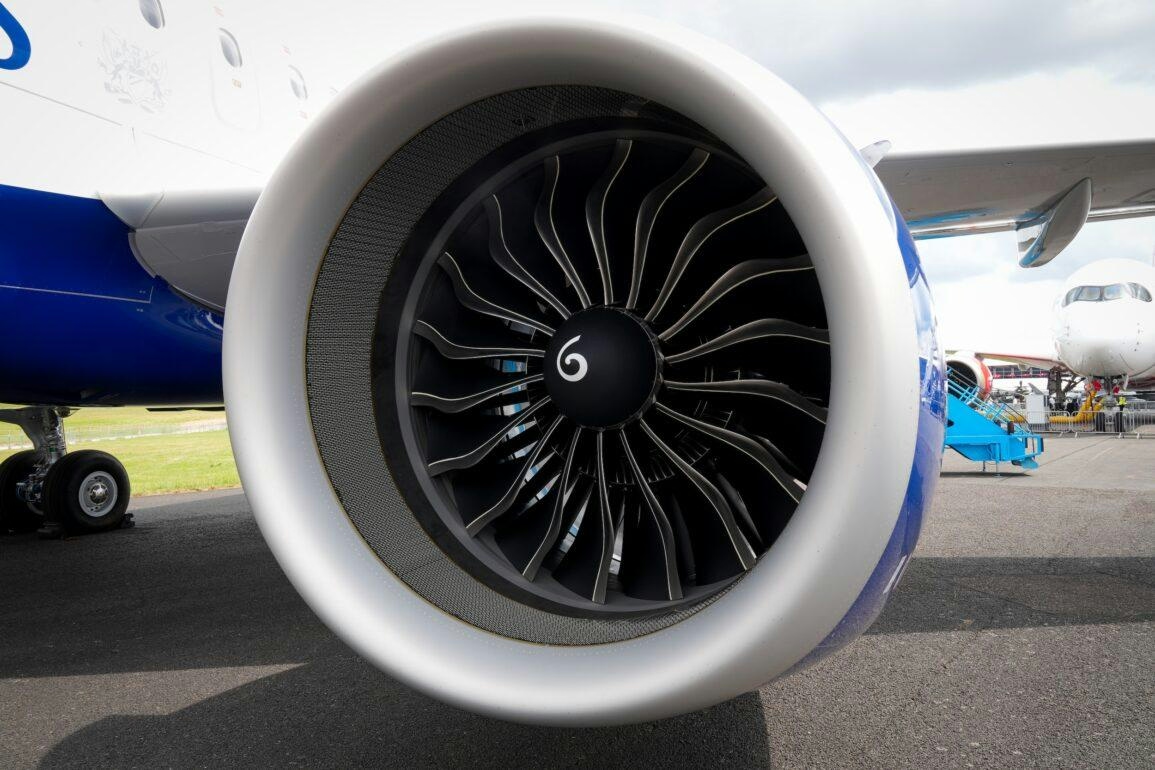AeroGenie — Il tuo copilota intelligente.
Tendenze
Categories
AerCap Holdings’ GE9X Engine Services Deal and Its Impact on Shareholders

AerCap Holdings’ GE9X Engine Services Deal and Its Impact on Shareholders
GE Aerospace has entered into a seven-year agreement with AerCap Holdings N.V. to provide comprehensive lease pool management and support services for the GE9X engine. This contract also includes extended support for other GE engine models, highlighting AerCap’s expanding role in servicing next-generation engine fleets. The partnership strategically positions AerCap as a pivotal participant in the deployment of the GE9X-powered Boeing 777X aircraft.
Strategic Implications for AerCap
AerCap’s growth strategy is anchored in the sustained global demand for air travel, disciplined fleet expansion, and the provision of advanced aircraft alongside ancillary engine services. The new agreement with GE Aerospace enhances AerCap’s engine management platform, thereby broadening its ancillary revenue streams at a critical juncture as the Boeing 777X enters commercial service. This development enables AerCap to meet airlines’ increasing demand for reliability assurances and supports the long-term utilization of both aircraft and associated services.
Nonetheless, the agreement introduces operational complexities. Effective management of engine maintenance contracts and potential performance issues will be essential to mitigate risks. Shareholders may harbor concerns regarding the financial impact of any operational disruptions, which could affect both AerCap’s cost structure and its relationships with airline customers.
Market Dynamics and Competitive Landscape
Although the GE9X deal strengthens AerCap’s service offerings, it is unlikely to materially influence the company’s immediate growth drivers, such as constrained original equipment manufacturer (OEM) production and robust lease rates. Moreover, the agreement does not fully address the sector’s overarching risk of future oversupply as aircraft deliveries accelerate. As OEMs increase production volumes, the potential for a saturated leasing market persists, which could exert downward pressure on lease rates and asset valuations.
Competitors are expected to respond by enhancing their own service portfolios to maintain market competitiveness. The broader industry landscape is also evolving, exemplified by Turkish Airlines’ impending agreement for up to 150 Boeing 737 Max jets, a development that may alter market dynamics for AerCap. Additionally, Spirit Airlines’ recent decision to reject 27 Airbus aircraft leases under a new AerCap deal reflects a strategic effort to optimize its fleet size, potentially affecting AerCap’s leasing volumes and market positioning.
Financial Outlook and Shareholder Considerations
AerCap forecasts revenues of $8.4 billion and earnings of $1.4 billion by 2028, which implies a modest annual revenue growth rate of 1.7% alongside a significant decline in earnings from the current $2.9 billion. Market estimates of AerCap’s fair value vary considerably, ranging from $132 to $270.79 per share, reflecting divergent perspectives on the balance between growth in air travel demand and the risks associated with leasing market oversupply.
While ancillary partnerships such as the GE9X engine services deal contribute to the resilience of AerCap’s business model, investors should remain vigilant regarding the operational and market risks inherent in the rapidly evolving aircraft leasing sector. As the industry adjusts to new aircraft deliveries and shifting airline strategies, AerCap’s capacity to effectively manage growth and risk will remain under close scrutiny by shareholders and competitors alike.

Capital A Completes Sale of Aviation Business to AirAsia X

Four Gateway Towns to Lake Clark National Park

PRM Assist Secures €500,000 in Funding

Should Travelers Pay More for Human Support When Plans Go Wrong?

InterGlobe Aviation Shares Rise 4.3% Following January Portfolio Rebalancing

Key Market Segments Shaping Airline Route Profitability Software

Locatory.com Gains Traction Among Aviation MROs and Suppliers

JetBlue Flight Makes Emergency Landing Following Engine Failure

58 Pilots Graduate from Ethiopian University

The Engine Behind Boeing’s Latest Widebody Aircraft
